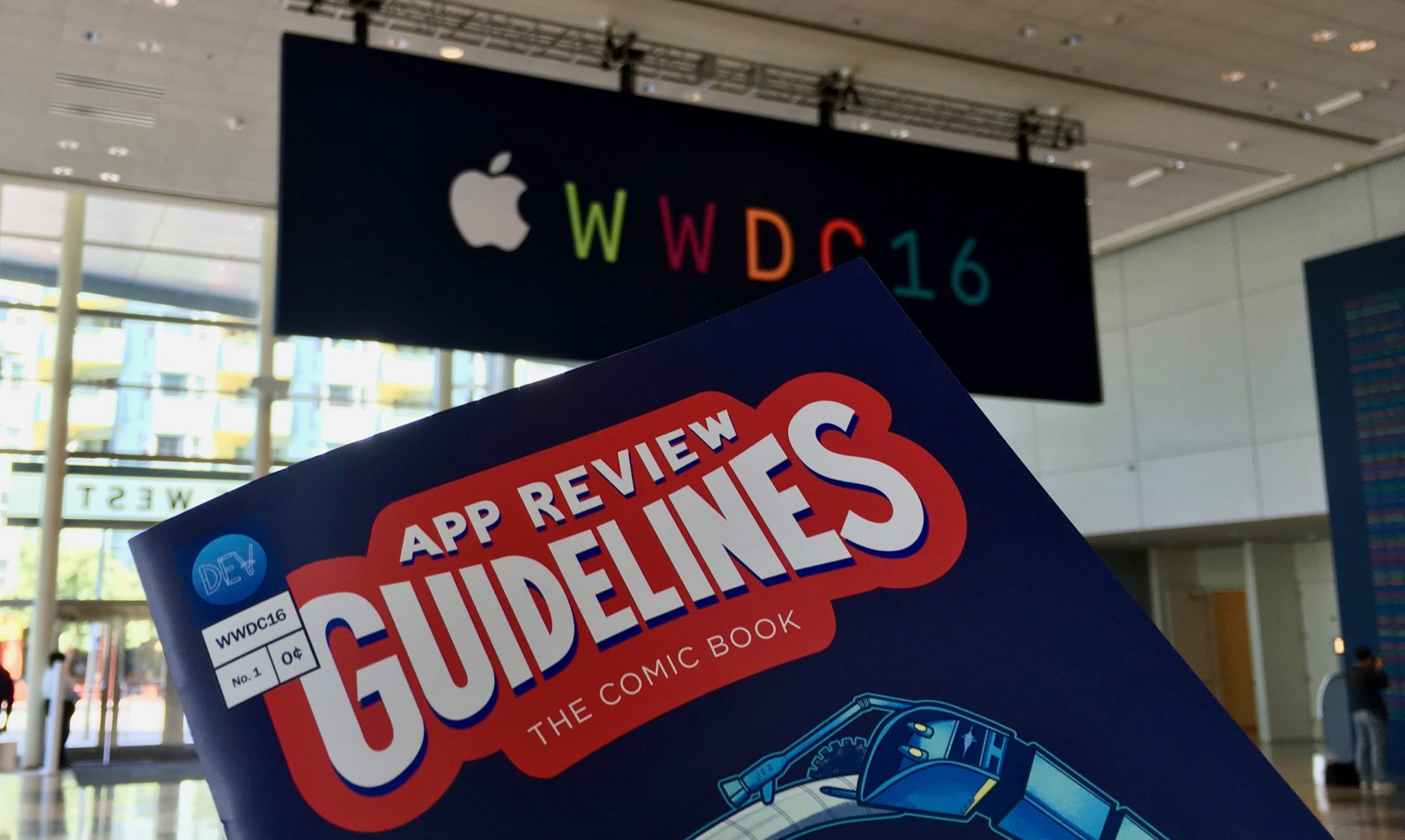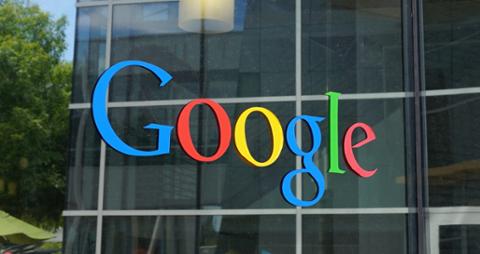Topping the rankings on any app store helps notoriety and "buzz," which in turn helps developers' earnings. We’ve seen this proven time and again, but we’re also getting insight into just how those algorithms can be gamed – for about a hundred bucks. Though these examples focus on Apple platforms, they’re tactics that can be applied to just about any distribution method. We’ll start with the Apple’s Podcast charts, as this exploit is the most blunt-force attack we’ve seen. For a mere
five dollars, the manager of podcast production at Boston’s NPR affiliate (WBUR) was able to get a show to the top of Apple’s Podcast charts. WAVes, a show that is ““mostly drone music and weird comedy / storytelling” according to WBUR’s John Perotti (speaking to
The Verge), shouldn’t top any charts – even by Perotti’s view. But a call from a stranger and subsequent payment saw downloads and plays skyrocket. In early October, the "fake plays" sent WAVes to the top of the charts for its niche genre. It was all done by SEOClerks, which The Verge describes as similar to the designers-for-hire service Fiverr, just for SEO.
How the chart-gaming happened is unclear, but the logical reason is SEOClerks is set up like a click-farm for podcasts: you pay, then SEOClerks subscribes, unsubscribes, and plays shows. [caption id="attachment_138521" align="aligncenter" width="2048"]

App Store Guidelines Comic WWDC 2016[/caption]
App Store Gaming (No, Not Games)
iOS developer David Barnard recently penned a
blog post on gaming the App Store, and it’s actually not difficult. He posits you could get up and running with a weather app for about $90 (and a bit of ad spending). Barnard wrote his piece while contemplating a refresh to his weather app, Weather Up. In researching the ‘weather’ search word on the App Store, he discovered some familiar tactics at play. First, keyword searches can be gamed by adding symbols. From Barnard:
Here’s the thing, the App Store search algorithm gives a massive boost for an exact match to what the user searched, and the algorithm ignores symbols, so “Weather ◌” will get a huge search advantage, which will help to drive organic installs of the app. There are lots of other hacks to manipulate the App Store search algorithm.
Another tactic is localization, which we’ve told you before is
critical for developers. But in some instances, localization can “double” keyword hits in the U.S. App Store by “stuffing keywords” into localized keyword buys. App Store search surfaces multiple languages in the United States, so ‘hiding’ the keyword ‘weather’ in your Spanish (Mexico) localized search keywords will also surface it in the United States App Store. Second, app templates reduce the code you’ll have to write. If you wanted to create your own weather app, templates abound, and Barnard’s example of a $90 template provides you with ads and monetization opportunities. You could create a subscription model for the app, or charge to remove ads. (We’ll note a template may be a bad idea, as
Apple recently began cracking down on white-label apps. If you wanted to purchase and publish straight away, that’s likely a waste of money, and you’d run afoul of Apple’s review team. Your mileage
will vary, here.) Beyond subscriptions and ad revenue, selling user data is also an option to recoup any out-of-pocket expenses. Several brokers for such practices exist, but know you’ll have to note it in your
now-mandatory privacy policy. While ‘buying’ reviews is also sketchy, that’s still a practice in play, and one that will undoubtedly see an app's ranking rise. A carefully worded review prompt will also encourage ‘real’ users to write more positive takes on the app.
App Store Gaming Isn’t New
These two examples of gaming the system focus on Apple, but the practices aren’t unique to iOS. Faking user stats and buying reviews, while supplementing expenses by selling user data, create an almost zero-sum game to start... one that becomes only more lucrative as you keep playing. Unfortunately, these aren’t imagined scenarios. The app templates are real. The brokerage firms exist. Chart-gaming companies thrive. So long as platform providers focus on charts as a means of surfacing great apps, the cycle will continue.
 App Store Guidelines Comic WWDC 2016[/caption]
App Store Guidelines Comic WWDC 2016[/caption]


